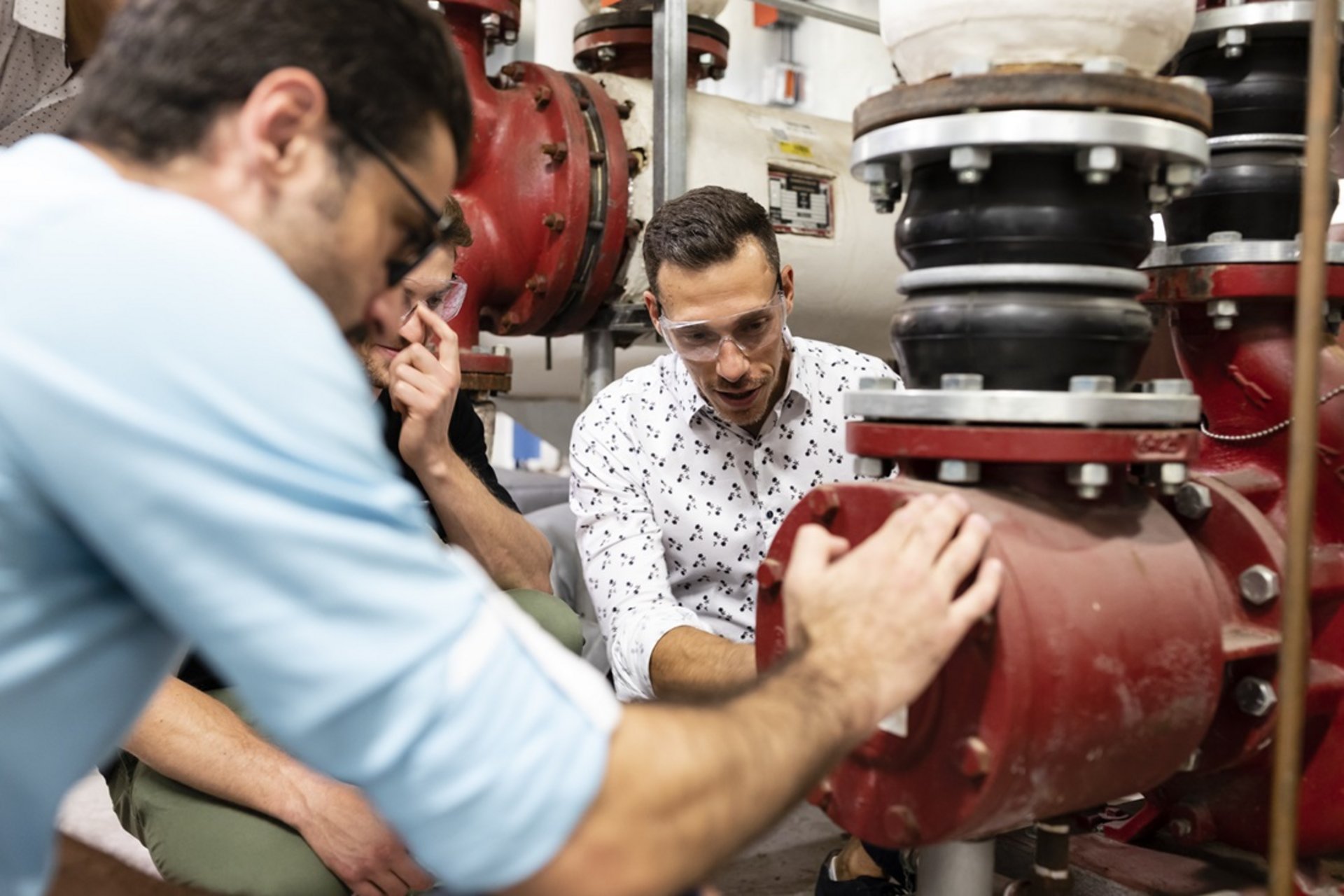The Faculty of Science and Engineering, in collaboration with its research community, is developing scientific platforms to make various expertise and services more accessible. Scientific platforms offer researchers privileged access to state-of-the-art equipment, specialized services and unique expertise, enabling them to push back the frontiers of knowledge. Open to both internal and external communities, they facilitate innovation without constraints of collaboration or affiliation. Supported by the Faculty, our platforms are managed by expert staff to ensure their excellence and sustainability.
Scientific platform MicroLab
Research
Advancing scientific knowledge
Our hubs of research excellence
Here are the 12 research areas our researchers focus on to help cement the Faculty’s reputation at home and abroad.
Research at the Faculty
Our scientific platforms
Explore advanced cycles
Useful resources for researchers
News
News are published in French



